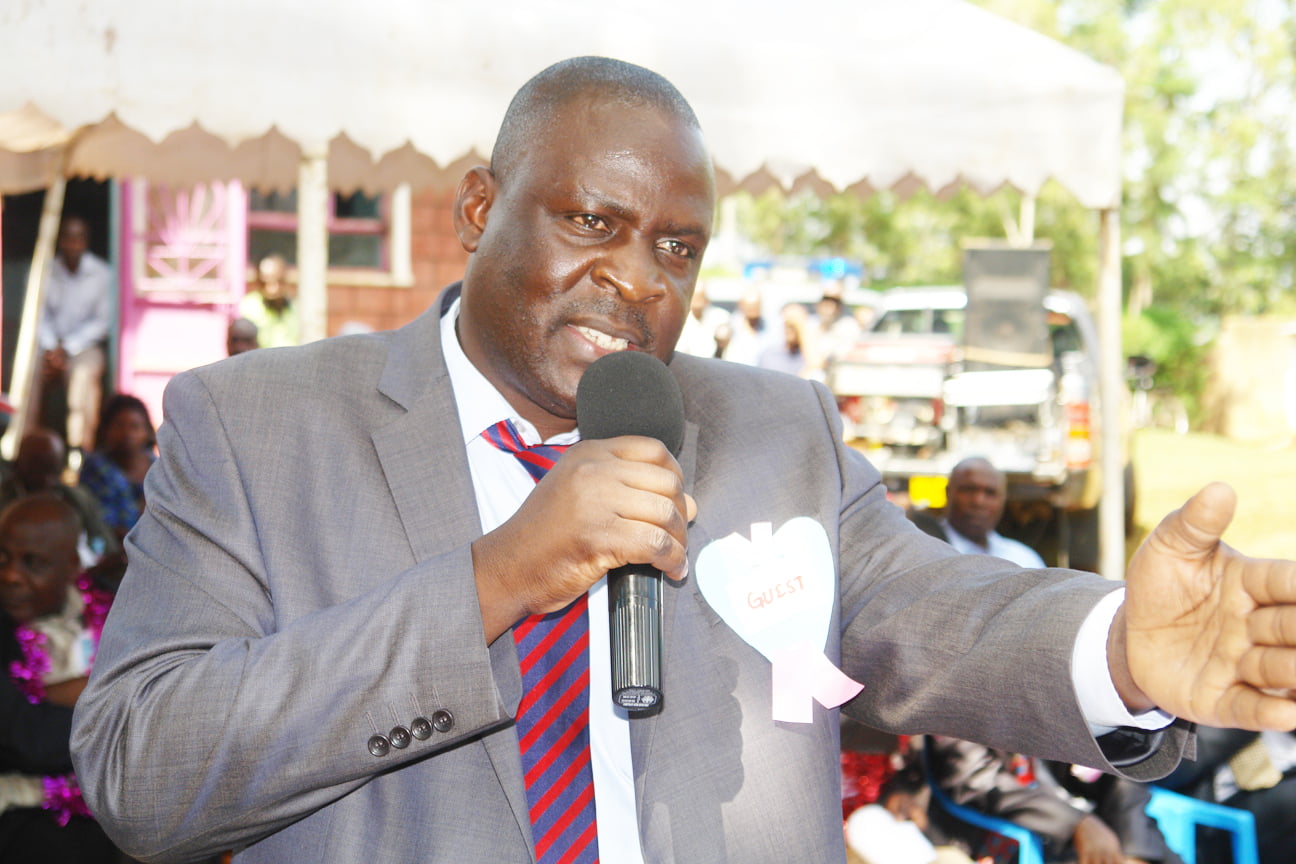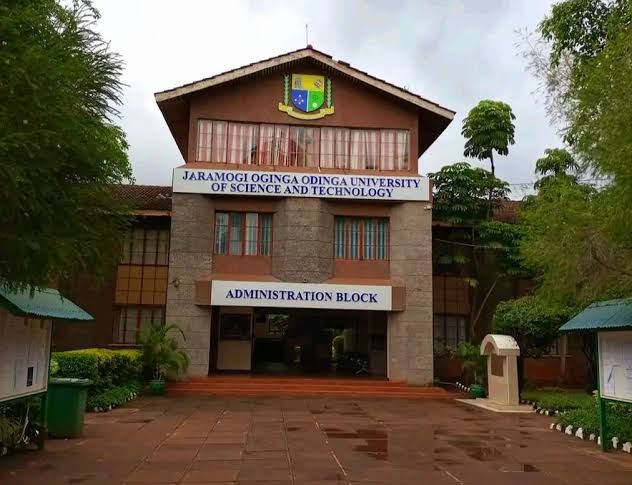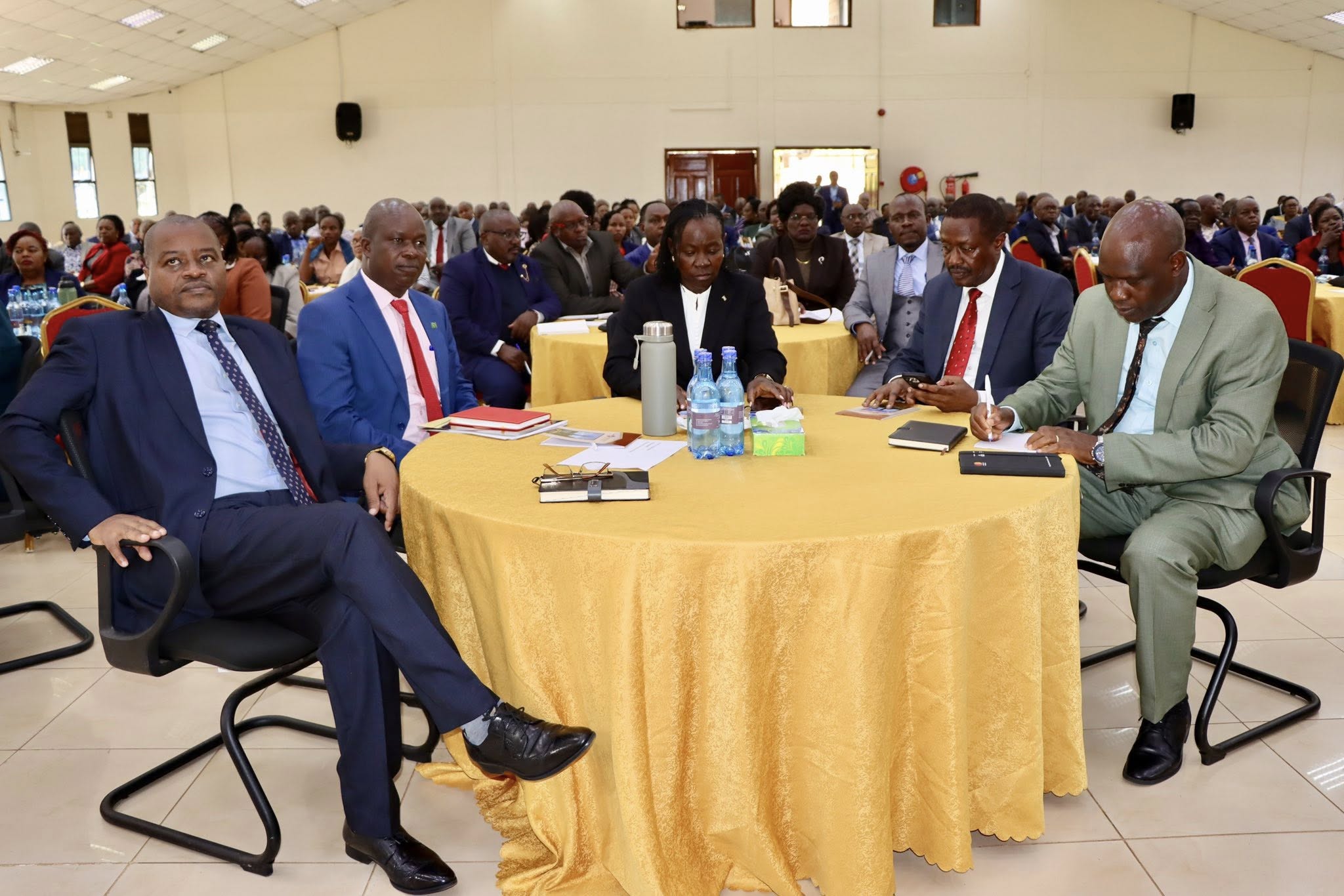By Robert Nyagah
Reforms in the education sector should be delinked from the cycle of the country’s politics to ensure its continued improvement and strengthening as the pillar of the nation’s economic and social development, experts have suggested.
A cross section of experts led by a leading educationist and former Teachers’ Service Commission (TSC) Secretary Mr. Benjamin Sogomo in separate commentaries alluded to the fact that political parties’ manifestos could create confusion and disrupt the education sector.
After every five years, presidential candidates launch manifestos which seek to implement major reforms in the sector, most which turn out to be unprofessional and haphazard, negatively impacting the education sector.
They observe that the education sector needs autonomy to be reformed through the input of recognized professionals instead of politicians who enter and exit government within a few years.
According to Mr. Maiyo, the government needs to retrain teachers early on the CBC to improve their understanding of the system, which he insisted they presently lack.
In a modest analysis of the Kenya Kwanza Alliance and Azimio Coalition manifestos, Mr. Sogomo noted that while Kenya Kwanza Alliance came up with 45 items it intended to address in education -from teacher employment to improvement of technical education and equity in the provision of education – its counterpart basically emphasized the provision of free education from nursery school to university.
“Interestingly, it emerged that neither of the contesting parties adequately addressed efficiency and effectiveness of the education system and its institutions, let alone research and innovation in this key sector,” notes Mr. Sogomo.
Past and future political leaderships, according to Mr. Sogomo, need to be guided by the motto that better education of citizens promotes economic development, reduced poverty levels, improved health standards and reduce fertility rates.
Governments, he notes, should further appreciate that good and efficient education improves public participation in governance, helps reduce crime rates, advances leadership standards, and spurs technical skills required in industry.
The educationist avers that President Ruto administration must pay more attention to education as a catalyst for development, apart from listening and incorporating diverse professional ideas on the type of education to be provided and how it should be.
The rate of economic growth, Mr. Sogomo said, continues to be strongly correlated to the education levels of the citizens.
Mr. Nicholas Maiyo, who by virtue of being the Parents Association chairperson, could correctly boasts of expertise in education based on his interaction with parent’s calls for synchronization between curriculum creators, education experts, teachers and parents to avoid gaps such as the ones which led to misinterpretation of CBC by teachers.
According to Mr. Maiyo, the government needs to retrain teachers early on the CBC to improve their understanding of the system, which he insisted they presently lack.
“Teachers are interpreting CBC wrongly and that is making parents to complain that it had become too expensive because there were too many demands on items and equipment required,” judges Maiyo.
He notes that the teething issues now afflicting the CBC could have been tackled had the transformation from the 8.4.4 to CBC been handled professionally through the incorporation of the government, educationists, parents and teachers.
Most schools countrywide continue to be afflicted by teacher and facility shortages, and although the Teachers Service Commission (TSC) was allocated Ksh2.5 billion in the 2022/23 budget to recruit more teachers and Ksh1.2 billion to train them on the CBC, huge gaps still exist.
The rate of economic growth, Mr. Sogomo said, continues to be strongly correlated to the education levels of the citizens.
In what could be judged as tender-preneurship entry into the sensitive sector, Kenyans witnessed the then Education Cabinet Secretary’s Prof. George Magoha rather zealously and curiously on overdrive in supervision of construction of classroom for the CBC learners across various counties.
This was after the government set aside Ksh8 billion for the construction of 10,000 classrooms; a programme started in October 2021 to accommodate over 1.2 million learners expected to join junior secondary in January.
Completion of 96 per cent of the classrooms comes at a time when experts in the sector are wondering how schools will tackle the double intake as the current Standard 8 pupils will transition to Form One alongside Grade 6 learners who will be joining junior secondary.
East Africa Education Publishers (EAEP) managing director Mr. Kiarie Kamau and chairman of the Kenya Publishers Association could not over-emphasize the importance of the publishers’ input in campaigns to improve the education sector.
After the President Ruto announced his administration would form a task force to review the CBC, Mr. Kiarie immediately announced that the publishers had already launched campaigns to compile their own contribution to the task force.
Although publishers of educational materials would form the core group that will determine what reforms will be implemented, it is not clear why such experts were never fully incorporated when the CBC was being planned and during its initial stages of implementation.
Interestingly though, publishers have been working on materials for Grade 7. Mr. Kiarie, however, explains that publishers have always collaborated with the Ministry of Education to develop high quality books for the new curriculum.






